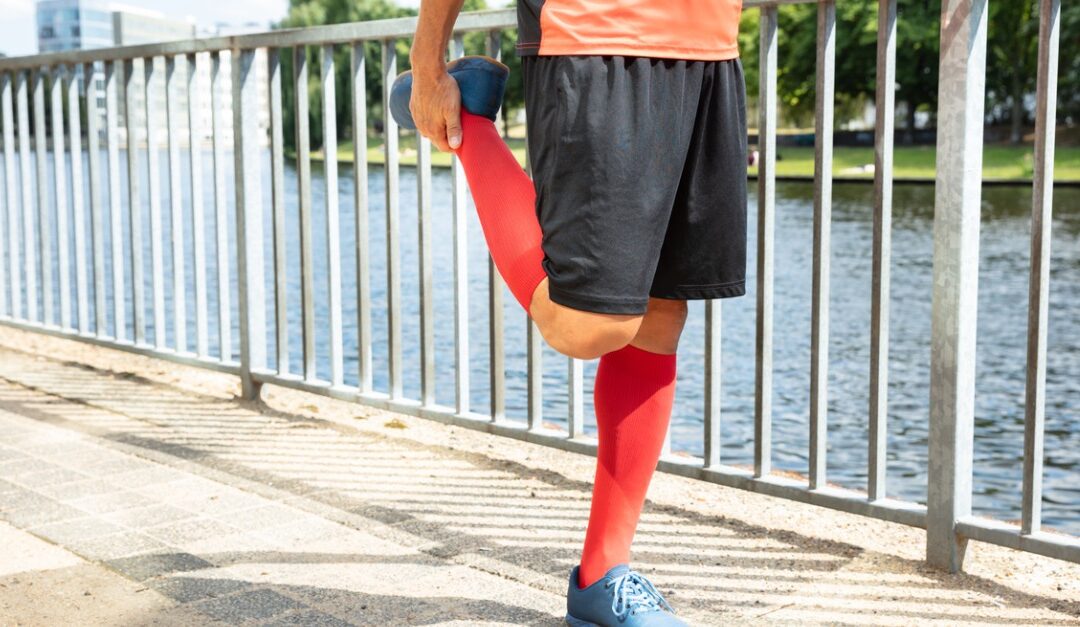February is all about hearts, from the pink and red decorative ones to the spotlight we put on your anatomical version for American Heart Month.
As you think of heart health this month and beyond, extend your focus to your veins, which also play a major role in keeping your heart healthy. Here are a few simple, effective ways you can give some love to your veins.
Keep moving
Exercise boosts circulation, which can help to reduce the risk of blood clots or the development of varicose veins. But did you know certain high-impact exercises can actually increase blood pressure in the legs, which could contribute to varicose veins? The best exercises for vein health include walking, swimming, cycling, and yoga.
Extended periods of sitting or standing can have a negative impact on your veins, so keep blood circulating by getting up to move regularly. If you’re on your feet throughout the day, be sure to provide your veins relief by taking regular sitting breaks, too.
Stay hydrated
When you become dehydrated, the blood retains more sodium. This thickens your blood, making it more sluggish, and therefore more difficult for it to circulate throughout your veins. Help blood travel through your body with ease by staying hydrated. Most women should have 2.7 liters of water or water-containing foods each day, while men may need up to 3.7 liters.
Avoid smoking
Here’s yet another reason to quit smoking: the nicotine found in cigarettes constricts blood vessels. Naturally, narrower blood vessels make it more difficult for blood to flow freely. It should therefore come as no surprise that smoking leads to a hypercoagulable state, or a condition in which blood is more likely to form clots. The effects of smoking can be dangerous to your vein health (and the rest of your body) even in low doses, so make a plan to quit.
Limit Saturated Fats
Nutritional choices that promote vein health align with many common sense practices for eating well. For example, you’ll want to limit foods high in saturated fats, which contribute to clogged arteries. These include red meat, eggs, and full fat dairy products.
Get Plenty of Fiber
Eating a fiber-rich diet could also benefit your veins. Good sources of fiber include whole grains, cooked vegetables, fruit, oatmeal, nuts, and leafy greens. “Fiber helps to keep the digestive system functioning well and also helps keep you at a healthy weight,” says Dr. Shariq Sayeed, “which relieves the pressure on your veins created by being too heavy.”
Use Compression
Compression stockings put pressure on the legs to help encourage blood flow back upwards. They’ve been shown to control leg swelling and discomfort and may even help to reduce the appearance of varicose veins.
Get Checked by a Doctor
If you have bulging veins, there’s a chance there may be a medical issue that needs to be addressed. Varicose veins aren’t always a health risk, but they could increase the risk of a blood clot. For this reason, it’s a good idea to have your veins checked by a specialist if you suspect any issues.
For exceptional vein care in the metro Atlanta area, turn to Vascular Surgical Associates. See our full list of locations online or call 770-423-0595 to schedule an appointment.





